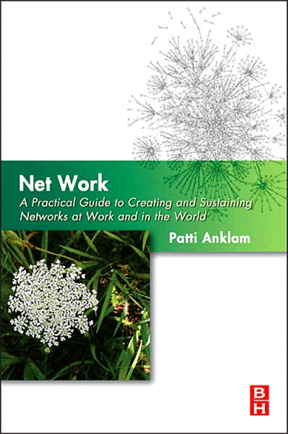The AOK conversation with Dave Snowden continues to provide insights and perspectives on how others are working with complexity. Following a post by Dave Pollard, I reviewed his blog on Appreciative Inquiry, Complex Systems, and the Four Practices of Open Space. Pollard describes the similarity in the models of Appreciative Inquiry (AI) and Cynefin by noting that each has fundamental practices that enable working in complex environments:
- Discovery
- Vision
- Design
- Action
In AI, the key is the “topic choice” or (as Marilyn Darling would call it), the “framing question.” I think from the Cynefin perspective the question comes from the sense making activities in which individual worldviews emerge in defining the problem or oppportunity.
These four, and the notion of the worldview are all also key elements in the “communication technology” and conversation model, the conversations being:
- Relatedness
- Possibility
- Opportunity
- Action
- Breakdown
- Acknowledgement
- Closure
The underlying similarity (dare I use the term isomorphism?) continues when you think about the management of conversations as a set of interventions to shift the dynamics in a situation.
At any rate, Dave Pollard is a good writer and a good thinker and I’ve enjoyed many of his blogs before. He does a good job of summarizing both the AI and Cynefin frameworks in his post.


